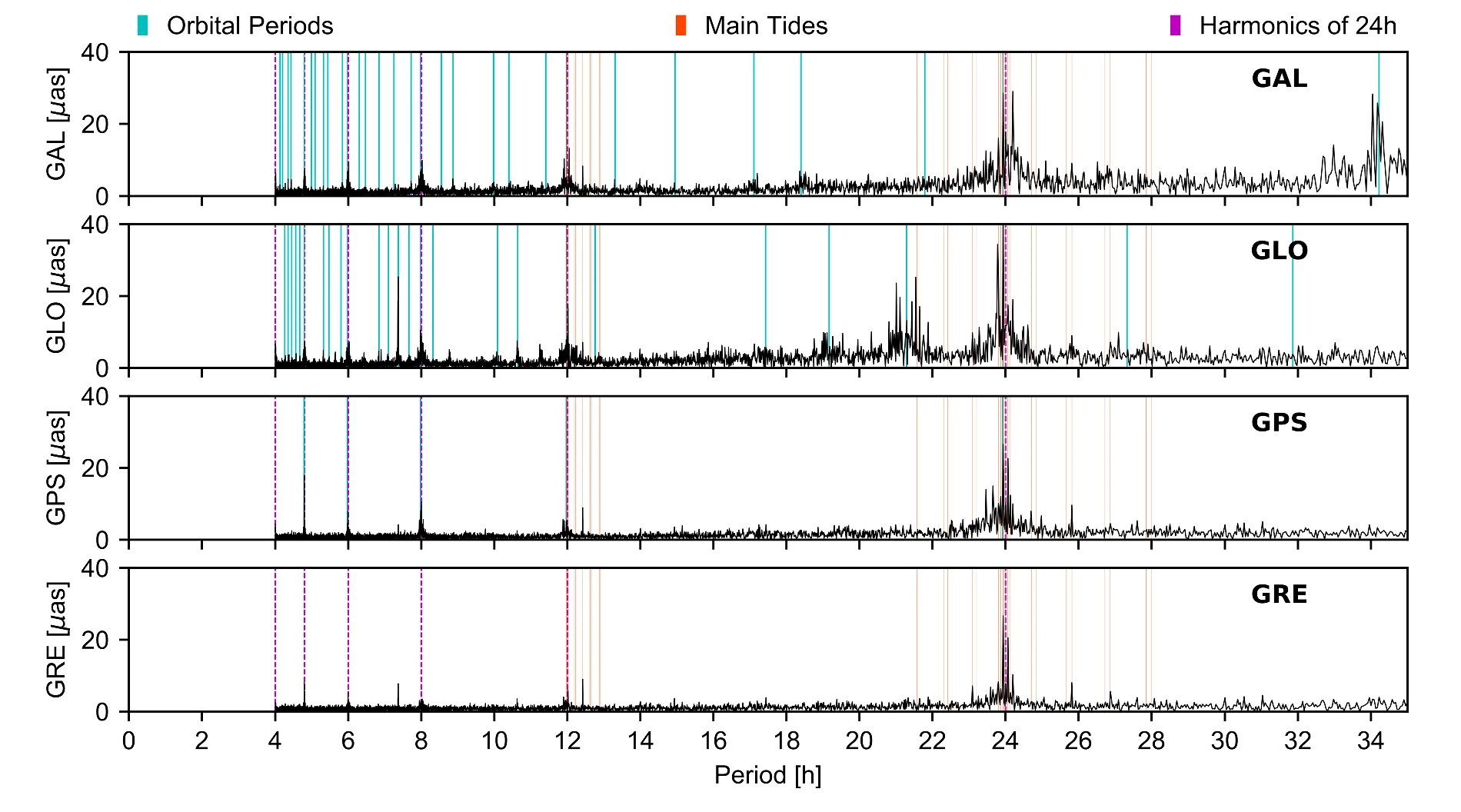News
Integrated movement science - new research field
05-03-2021

An international group of scientists, including researchers from the SpaceOs Wroclaw University of Environmental and Life Sciences, lead by Dr. Urška Demšar from the University of St Andrews, published an article in the International Journal of Geographical Information Science entitled "Establishing the integrated science of movement: bringing together concepts and methods from animal and human movement analysis" . The aim of the paper is to unify the two fields of science - human and animal mobility analysis, identifying similarities and differences between them.
 more...
more...IGG and SpaceOs seminars shedule for summer semester 2021 is ready
01-03-2021
Institute of Geodesy and Geoinformatics and Leading Research Group SpaceOs, cordially invites to our summer semester seminar series. Events will be held on selected Wednesdays 1PM (Warsaw time) using Google Meet platform.
Detailed programme can be found below (with respective links to the meetings):
 more...
more...
Detailed programme can be found below (with respective links to the meetings):
 more...
more...Scientists from IGG determined the high-frequency motion of the Earth pole on the basis of observations from 80 GNSS satellites and 100 ground stations
02-01-2021

Scientists from the Institute of Geodesy and Geoinformatics, UPWr and the Astronomical Institute of the University of Bern in Switzerland have proven that GNSS observations from GPS, GLONASS and Galileo satellites are able to provide high-quality information on high-frequency changes in the Earth rotation with periods from several to several hours. Therefore, for the first time it was possible to determine the model of the sub-daily Earth polar motion using as many as 80 satellites: GPS, GLONASS and Galileo. All previous determinations of the empirical GNSS models were based on the GPS system, which caused problems due to exactly 2 revolutions of GPS satellites per day, translating into the risk of recognizing orbital errors of GPS satellites as pole movements.
A new method of integrating GNSS data from satellites with different revolution periods allows the development of independent empirical models describing changes in the Earth rotation caused by ocean tides. The very first model of sub-diurnal changes in the movement of the Earth pole which is free from most of the disadvantages of solutions based solely on the GPS system is now described by Zajdel et al. (2021). The model is based on 3 years of continuous observations from 100 ground GNSS stations located on all continents and recording data from 80 GNSS satellites.
 more...
more...Precise orbit determination of GNSS satellites using microwave and laser ranging data
30-12-2020
Public PhD defense of dr. Grzegorz Bury, June 24, 2020, Wroclaw, Poland
1st and 2nd GATHERS Roadshows
19-11-2020

 more...
more...Archive: « PREVIOUS PAGE | 1 | 2 | 3 | 4 | 5 | 6 | 7 | 8 | 9 | 10 | 11 | 12 | 13 | 14 | 15 | 16 | 17 | 18 | 19 | 20 | 21 | 22 | 23 | 24 | 25 | 26 | 27 | 28 | NEXT PAGE »
 |
 |
 |
 |
Contact
|
INSTITUTE OF GEODESY AND GEOINFORMATICS
Wroclaw University of Environmental and Life Sciences Grunwaldzka 53 50-357 Wroclaw NIP: 896-000-53-54, REGON: 00000 18 67 Phone +48 71 3205617 Fax +48 71 3205617 e-mail: [email protected] |